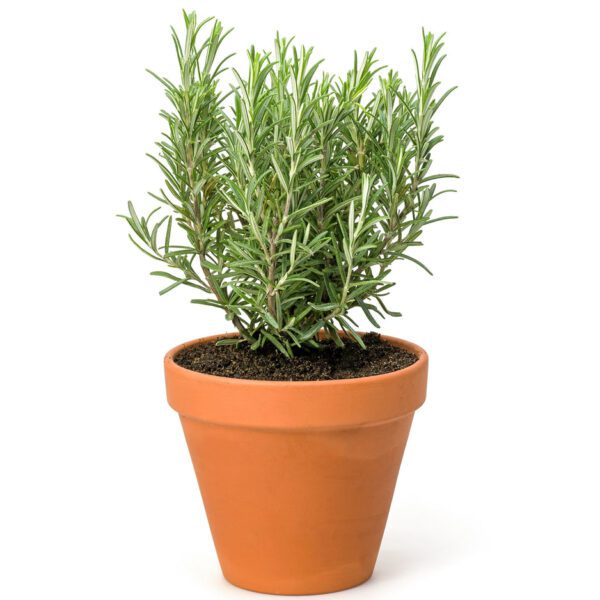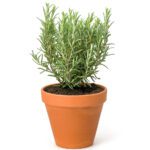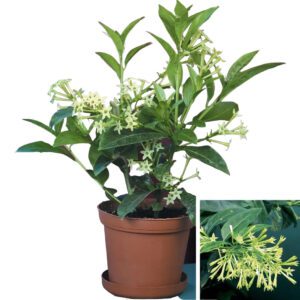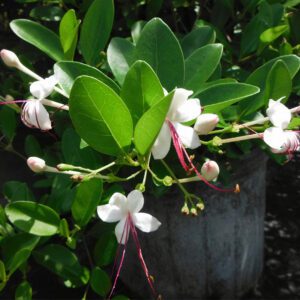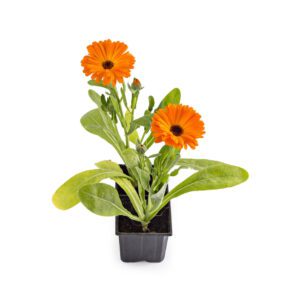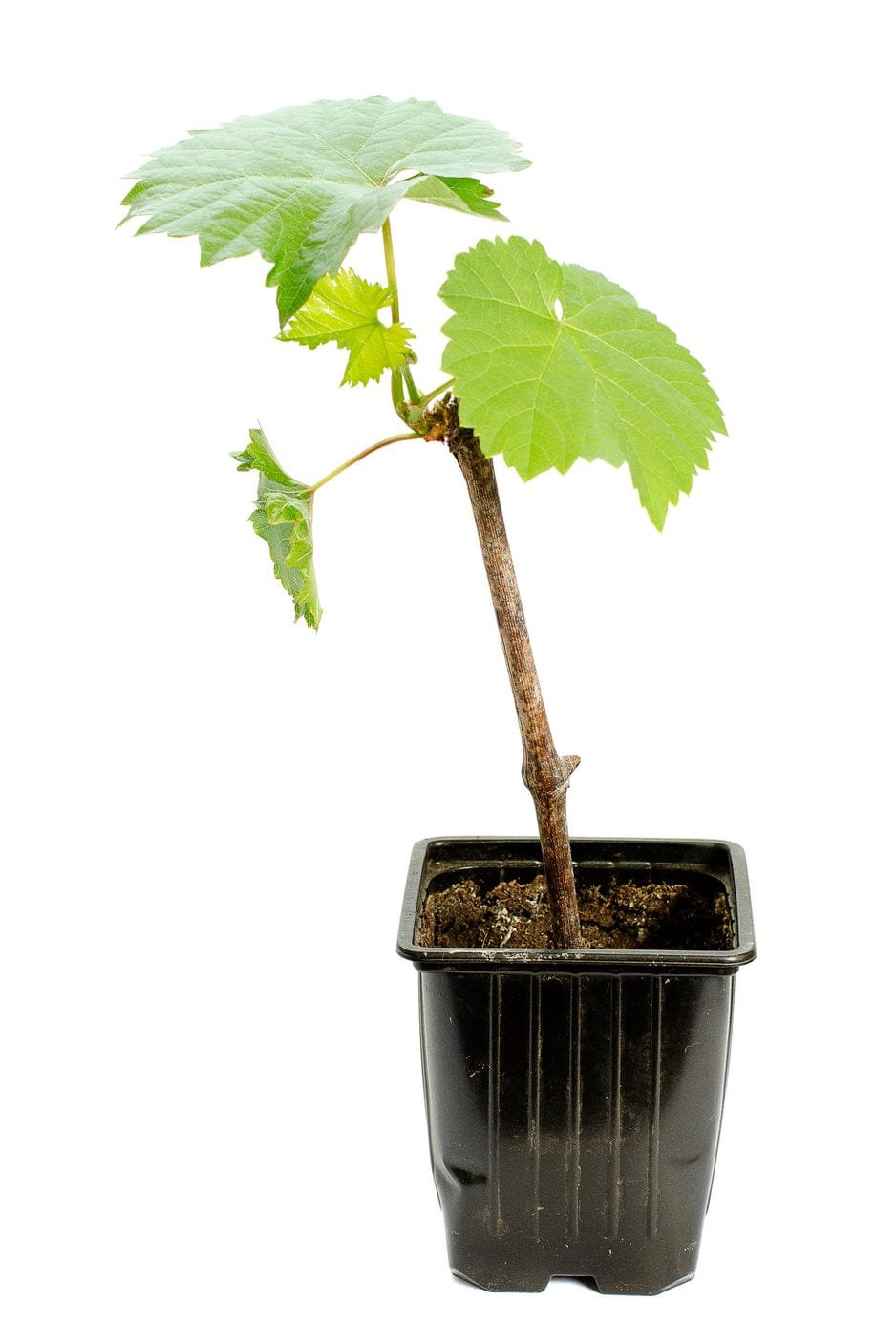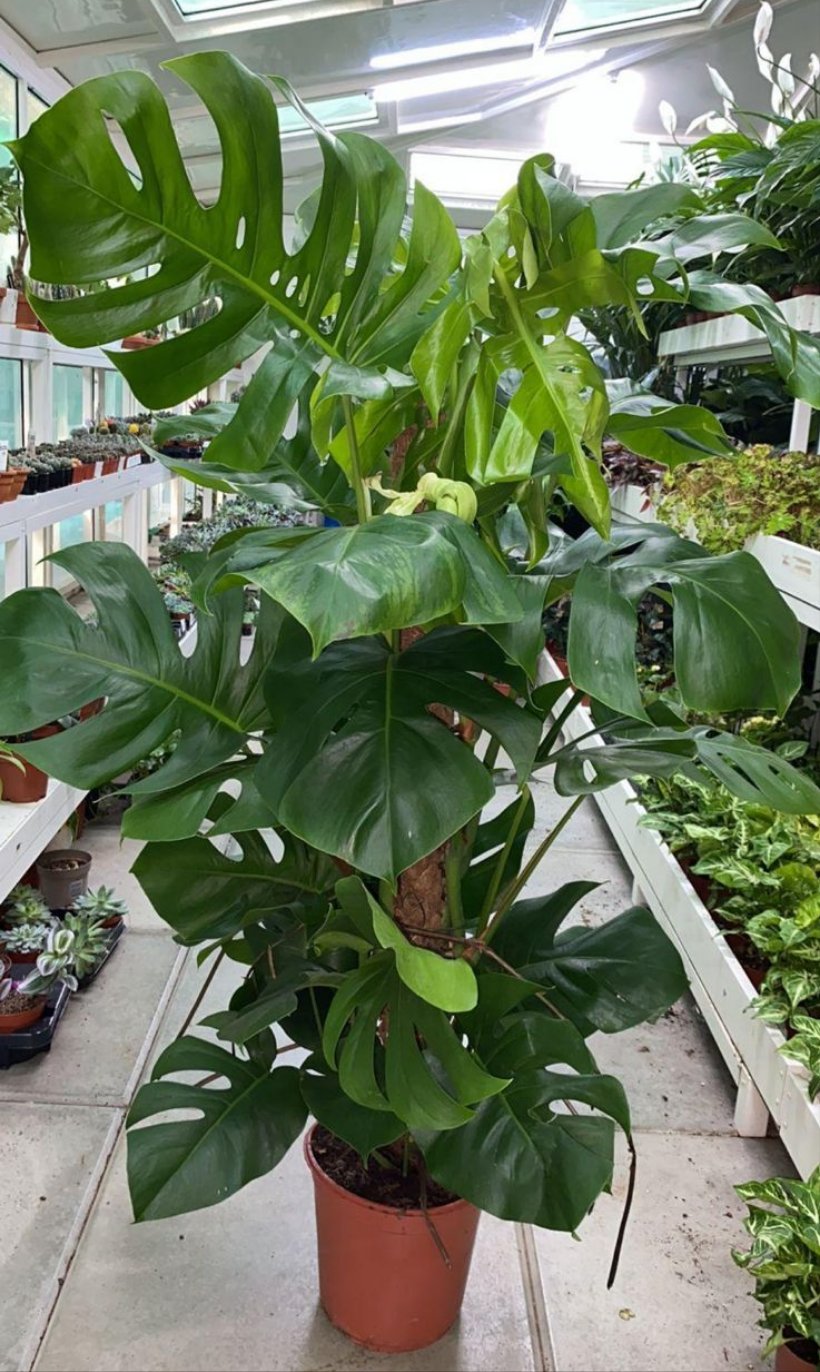Rosmarinus Officinalis (Rosemary/Salvia Rosmarinus)
Rosmarinus officinalis, commonly known as rosemary, is a perennial herb with a woody, evergreen shrub habit. It’s prized for its distinctive fragrance, culinary uses, and potential medicinal benefits.
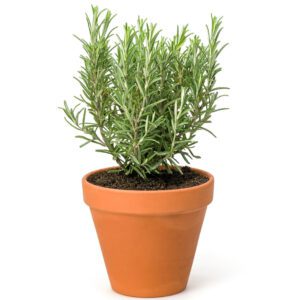
Rosmarinus Officinalis (Rosemary/Salvia Rosmarinus)
Description
Key Features:
- Height: Can reach 3-6 feet tall, but can be pruned to maintain a smaller size.
- Leaves: Needle-like, dark green leaves with a fragrant aroma.
- Flowers: Small, blue or purple flowers appear in spring and summer.
- Growth Habit: Compact and upright, but can become sprawling if not pruned.
Planting and Care:
Climate:
- Rosemary thrives in warm, Mediterranean climates with plenty of sunshine.
Soil:
- Well-draining, slightly acidic soil is ideal. Avoid heavy clay soils.
Sunlight:
- Rosemary requires full sun to produce its best flavor and aroma.
Watering:
- Once established, rosemary is drought-tolerant. However, regular watering is necessary during extended dry periods.
Fertilizing:
- Fertilize annually with a balanced fertilizer in the spring.
Pruning:
- Pruning helps maintain shape and encourages new growth. Prune after flowering to control size and shape.
Propagation:
- Rosemary can be propagated from cuttings or seeds.
Culinary Uses:
- Rosemary is a versatile herb used in a wide range of dishes, including:
- Poultry and meats
- Vegetables
- Soups and stews
- Breads and pastries
- Marinades and dressings
Medicinal Uses:
- Rosemary has been traditionally used for its potential medicinal properties, including:
- Improving memory and cognitive function
- Aiding digestion
- Reducing inflammation
- Acting as an antioxidant
Note: While rosemary is generally safe when consumed in moderation, excessive intake can cause side effects. Pregnant and breastfeeding women should consult with a healthcare professional before using rosemary.
By following these planting and care guidelines, you can enjoy the culinary and aromatic benefits of rosemary in your garden or kitchen.
Additional Information
| Size | 30cm – 40cm |
|---|---|
| Flowers Color | Purple |
Disclaimer
The image displayed is for reference only. The actual product may differ in shape, appearance, climate, age, height, and other factors. Plants will be delivered in plastic pots unless the customer explicitly selects a different pot option.
All information provided is shared in good faith. However, we make no representations or warranties of any kind, express or implied, regarding the accuracy, adequacy, validity, reliability, availability, or completeness of the information on this site.

